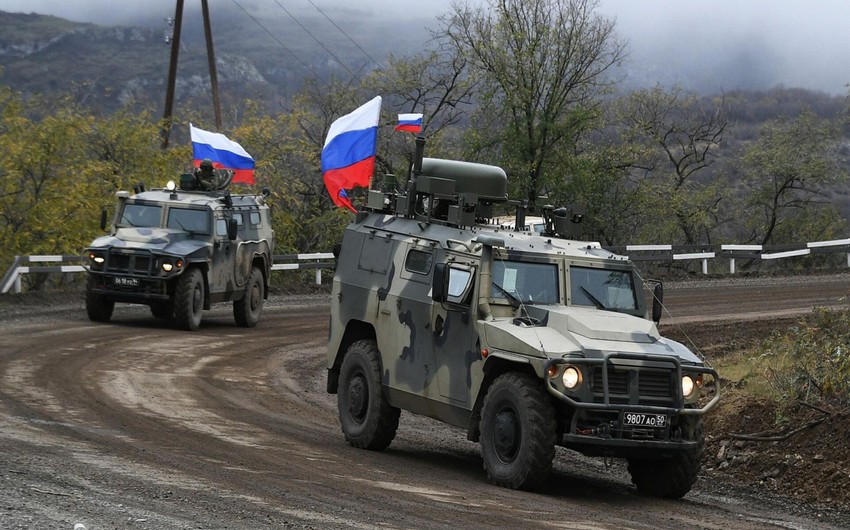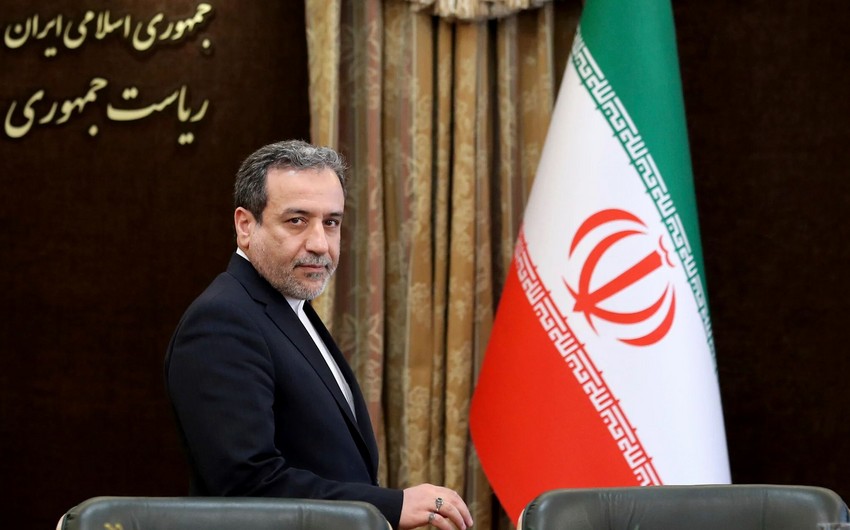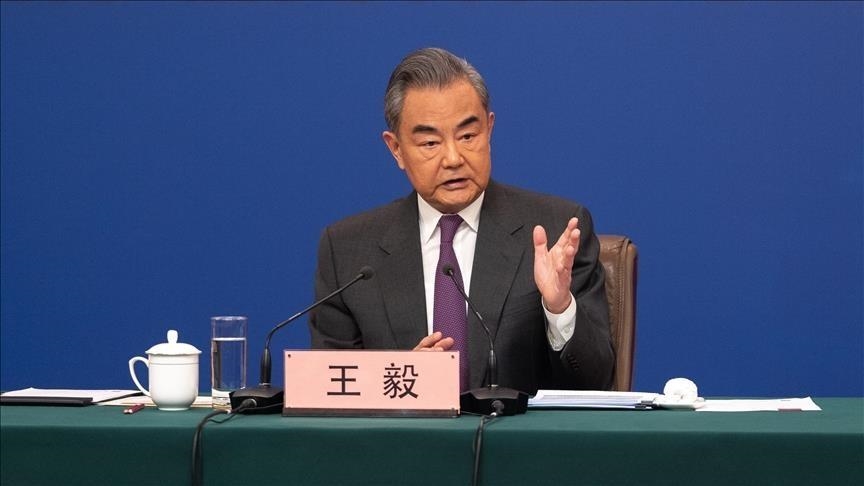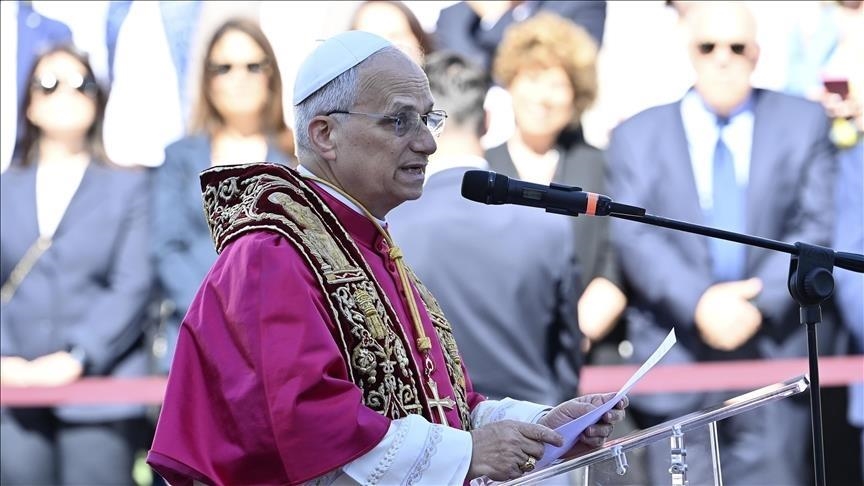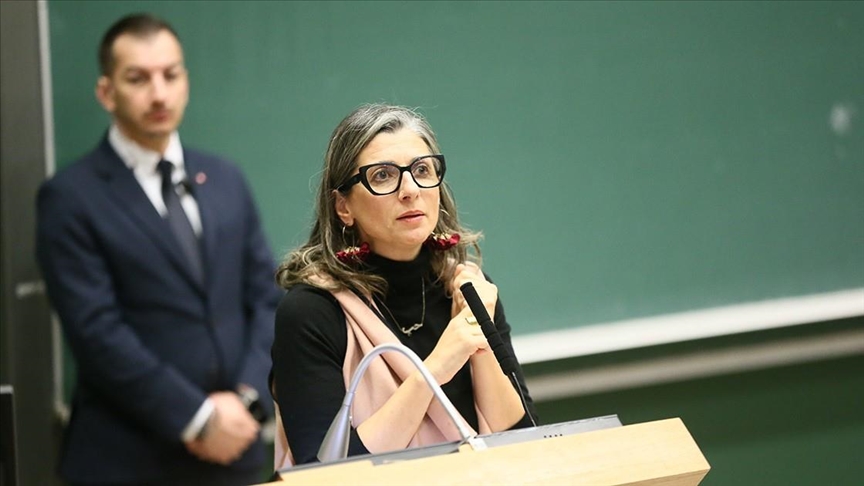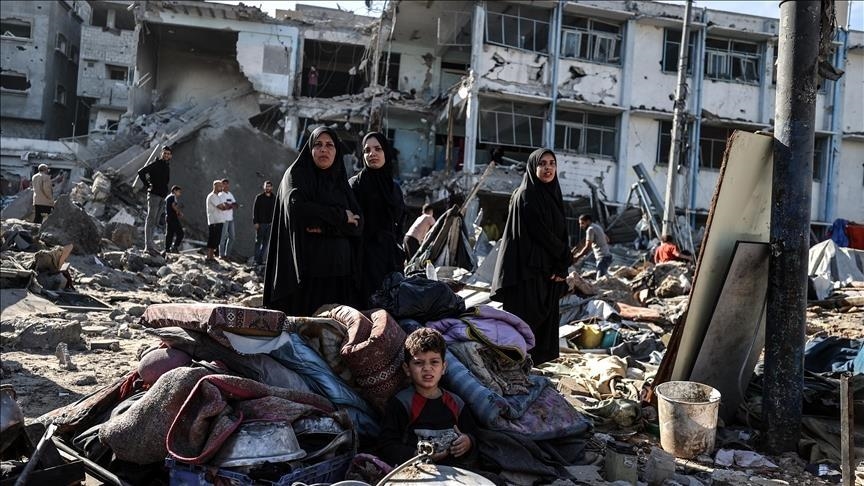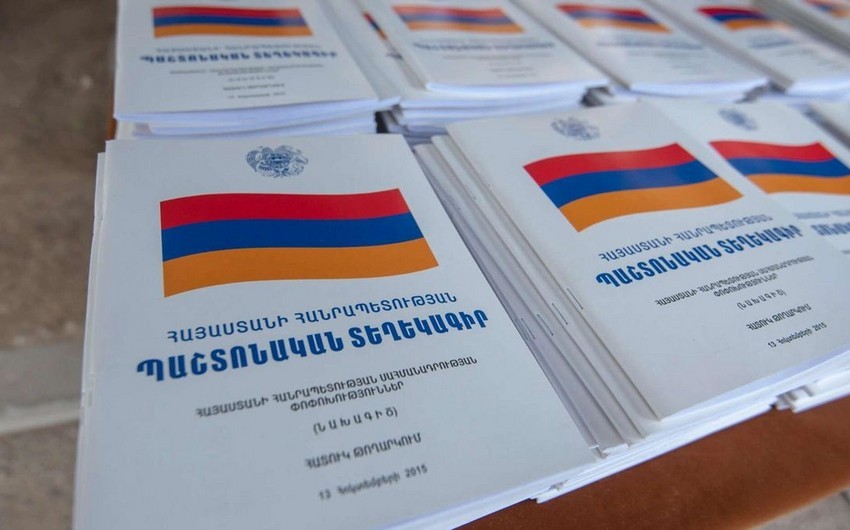In a move that has sparked intense speculation, Russian peacekeeping forces have begun withdrawing from the Karabakh region, prompting questions about Russia's strategic intentions in the area.
The sudden departure of Russian troops has raised eyebrows among international observers, with many questioning the true motives behind Moscow's decision. Some analysts suggest that Russia's move may be a calculated response to perceived shifts in regional dynamics.
Gia Nodia, former Minister of Education and Science of Georgia and head of the Caucasian Peace Institute, weighed in on the matter, offering a perspective on Russia's possible motivations. Speaking to Ednews, Nodia suggested that Russia's decision to withdraw from Karabakh could be interpreted as a form of punishment directed at Armenia for its perceived disloyalty.
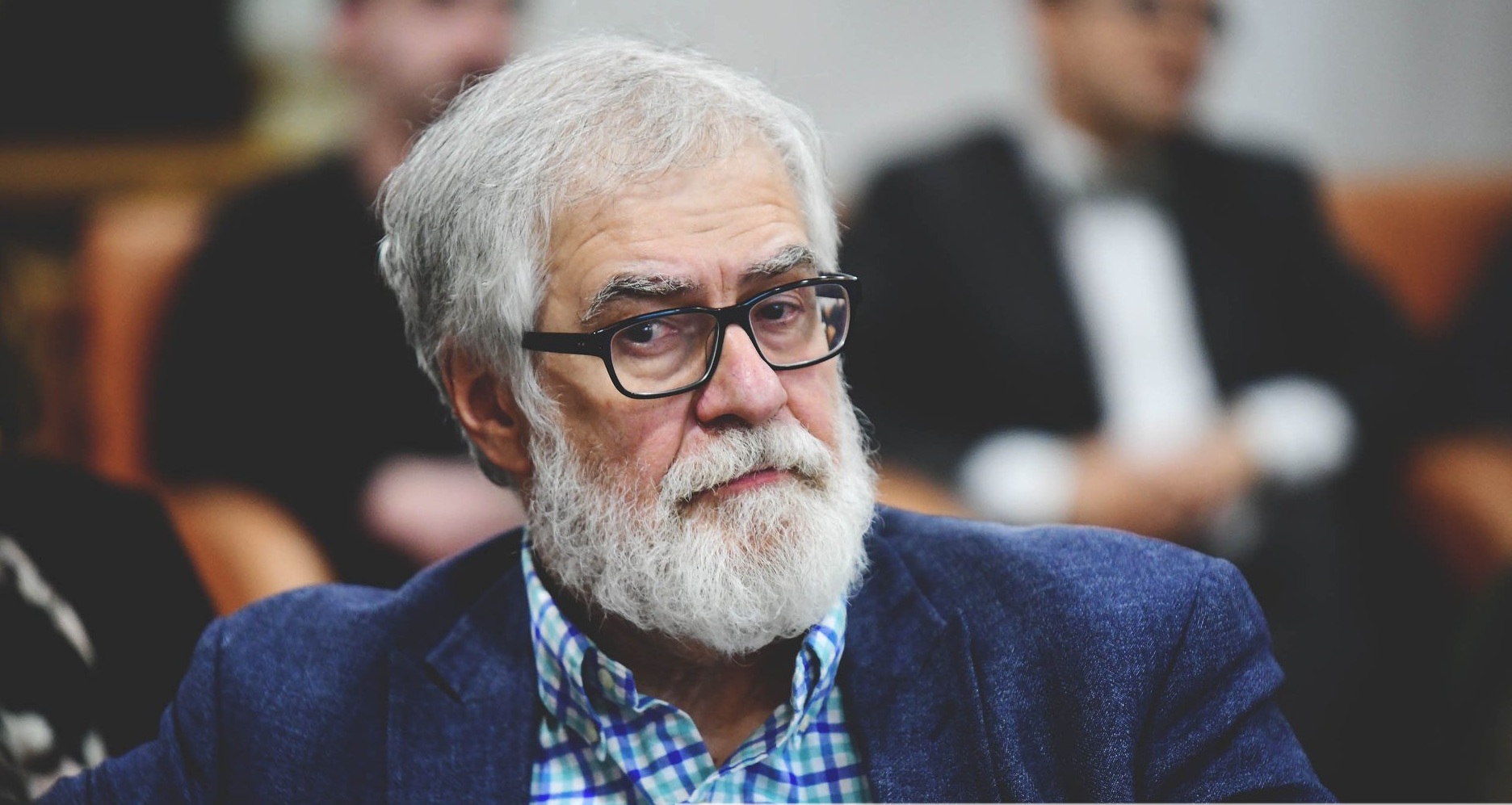
"Armenia is no longer subservient to Russia," Mr. Nodia stated. "So, that's some kind of punishment. But, on the other hand, it's general. Maybe readjustment is a Caucasus policy."
Nodia also speculated that Russia's actions might signal a broader shift in its regional alliances, potentially indicating a newfound friendliness towards Georgia and Azerbaijan. Furthermore, he proposed the possibility of behind-the-scenes agreements or arrangements with Turkey regarding the division of spheres of influence.
The departure of Russian peacekeepers from Karabakh has left many wondering about the implications for regional stability and the balance of power in the Caucasus. As speculation continues to swirl, all eyes remain on Moscow for further clarification on its strategic objectives in the region.

